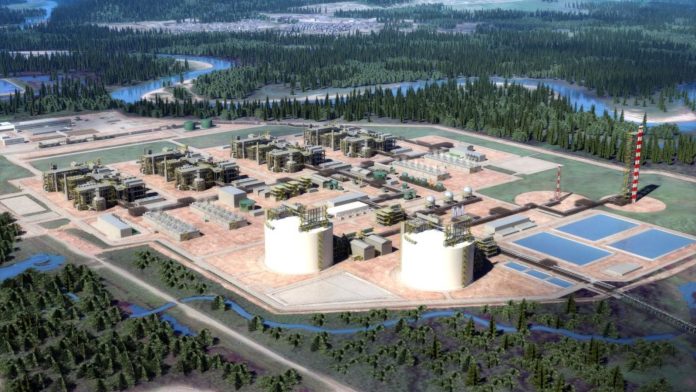Years after the G20 committed to end subsidies, Canada is among the first to take concrete steps, although carbon efficiency subsidies will continue.
Canada’s environment and climate change minister Steven Guilbeault has announced that Canada is set to end subsidies for the oil and gas industry as the country aims to decarbonise by 2050. However, the announcement came with some exceptions that target decarbonisation of the sector, along with helping remote communities.
G20 commitment to ending fossil fuel subsidies
Since 2009, G20 countries have pledged annually to end fossil fuel subsidies despite very little progress being made. Indeed, by 2021 subsidies had reached record levels across the G20 – around $700bn in one year.
Some regions have made a start, however. Having phased out subsidies for coal, the EU has turned attention to tackling other subsidies for carbon-intensive industries including oil and gas. Similarly, Indonesia has saved billions for taxpayers by significantly reforming its energy subsidies.
Despite that, Canada will be among the very first countries to stop subsidising fossil fuel industries, albeit with some exception that will allow subsidies to continue if they have a significant impact on decarbonisation.
Subsidy exceptions
Canada has large numbers of highly remote communities across its vast territories, many of which have no access to power grids. So although efforts are being made to provide those places with local renewable energy capacity, provision of fuel for generators will continue to be subsidised.
Perhaps more controversially, the new plan to scale back tax subsidies will see exceptions made for gas and oil projects that include significant carbon capture potential. Carbon capture has not advanced as fast as industry might have hoped and there are fears that these subsidised projects will not end up capturing sufficient carbon to justify being treated as exceptions.
There are also concerns that the exceptions for decarbonisation only impact on decarbonising the production of oil and gas, not the burning of oil and gas as fuel after it is shipped. While that is true, the impact of decarbonising production could still be significant.
LNG Canada
LNG Canada is the country’s largest infrastructure project to date. Reducing carbon in the production of LNG is likely to be a major outcome from that project. The $40bn LNG Canada was given the go-ahead in 2018 and is presently under construction to initially export LNG from two processing units, or “trains”, totaling 14 million tonnes per year of natural gas. Eventually, two additional trains will increase that to 26 million tonnes per year.
While there is a major climate focus on the burning of fossil fuels, their production is also carbon intensive. On average, three tonnes of CO2 equivalent is emitted into the atmosphere for every ten tonnes of LNG produced. The fact that LNG Canada has been designed at a scale and with modern methods to halve that figure is therefore significant.
When LNG Canada begins shipping its initial 14 million tonnes of LNG, its more efficient processes will mean around 2.5 million tonnes less carbon emitted into the atmosphere each year compared to other LNG production facilities.
At the same time, gas in particular has been widely identified as a bridging fuel towards net zero. While the burning of gas does emit carbon, it does so at lower rates than burning oil and coal. In Europe, this led to gas projects being accepted in the EU taxonomy for acceptable green finance investment if those projects displace coal burning.
So while Canada is taking a big step to end fossil fuel subsidies, it will be seeking to tread carefully so as not to give up possible decarbonising subsidies even in the fossil fuel sector.


















